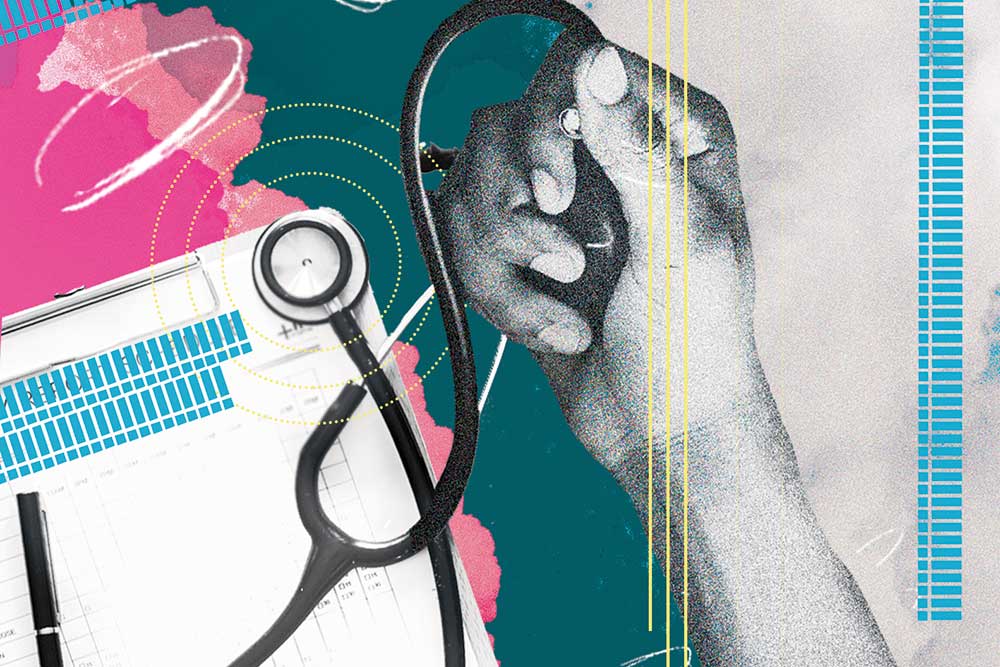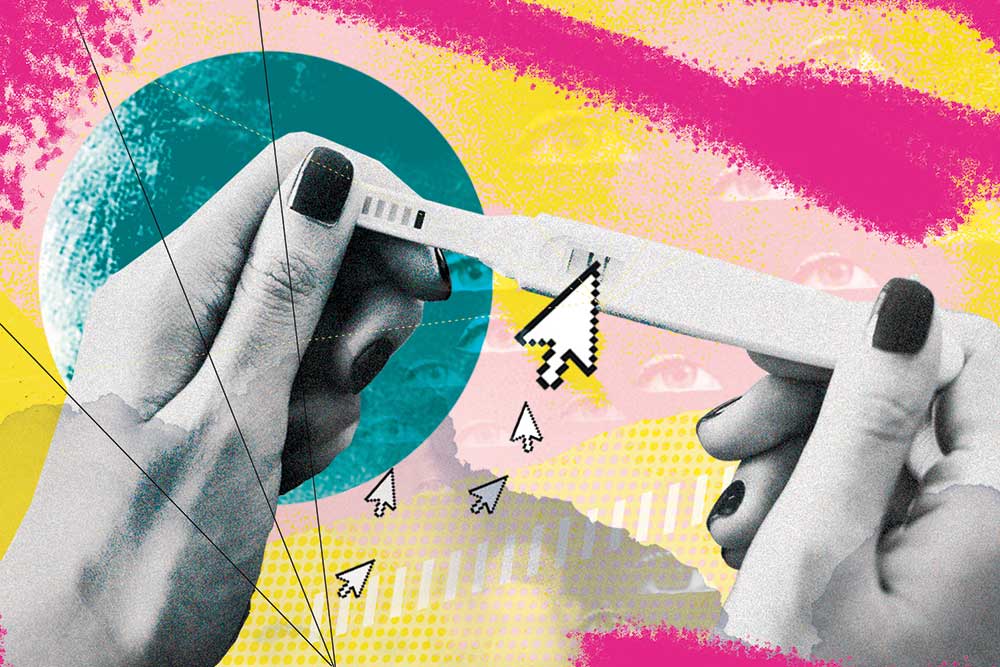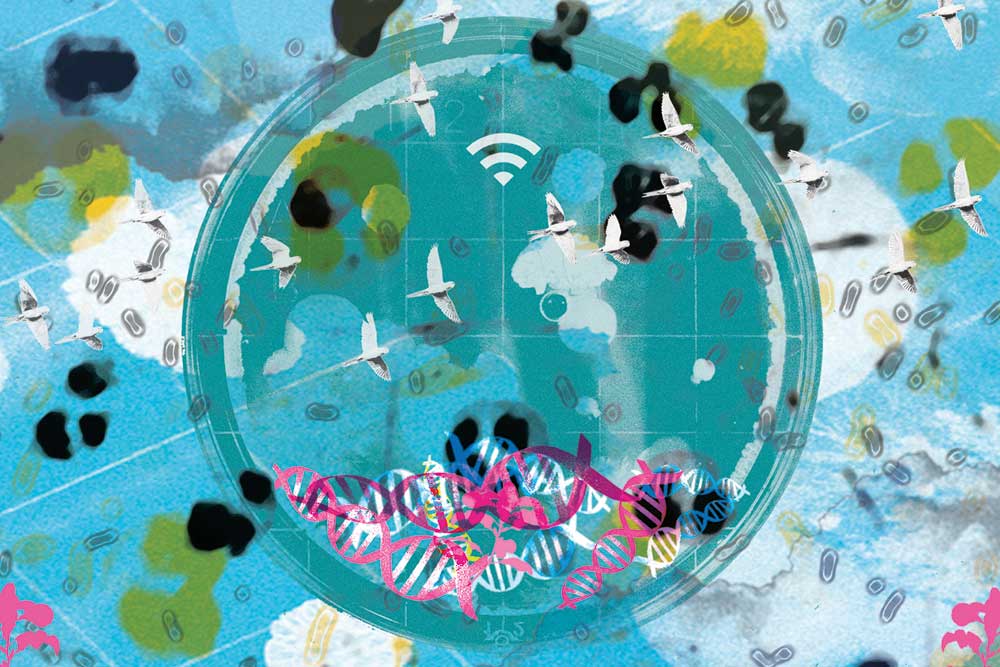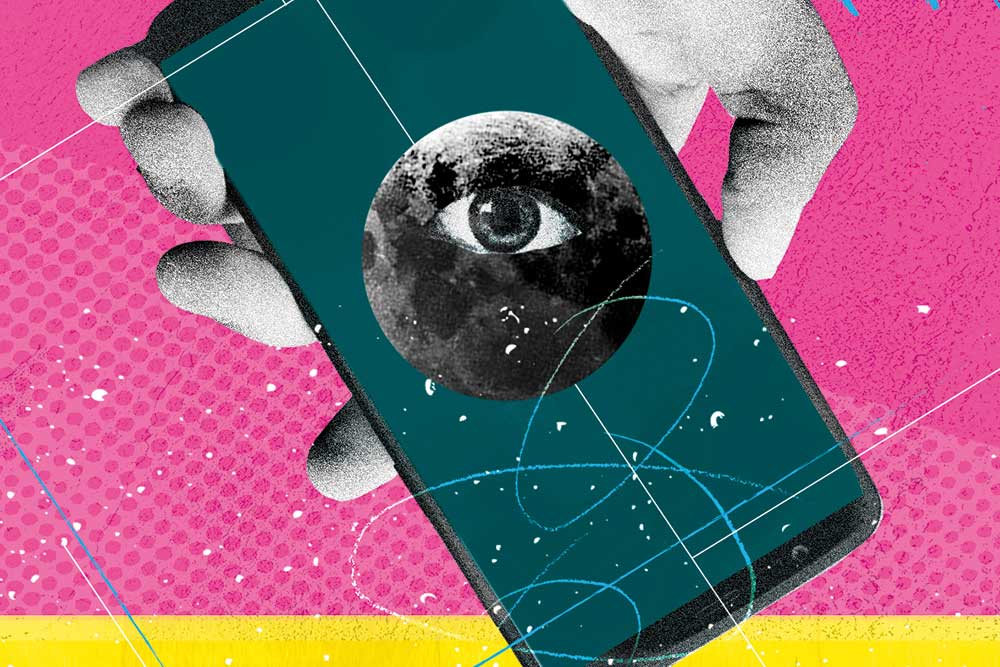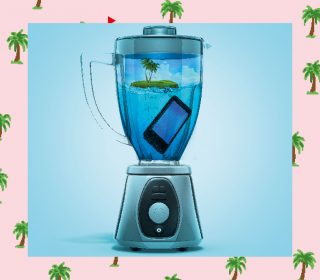Wellness tech innovations shaking things up in 2019
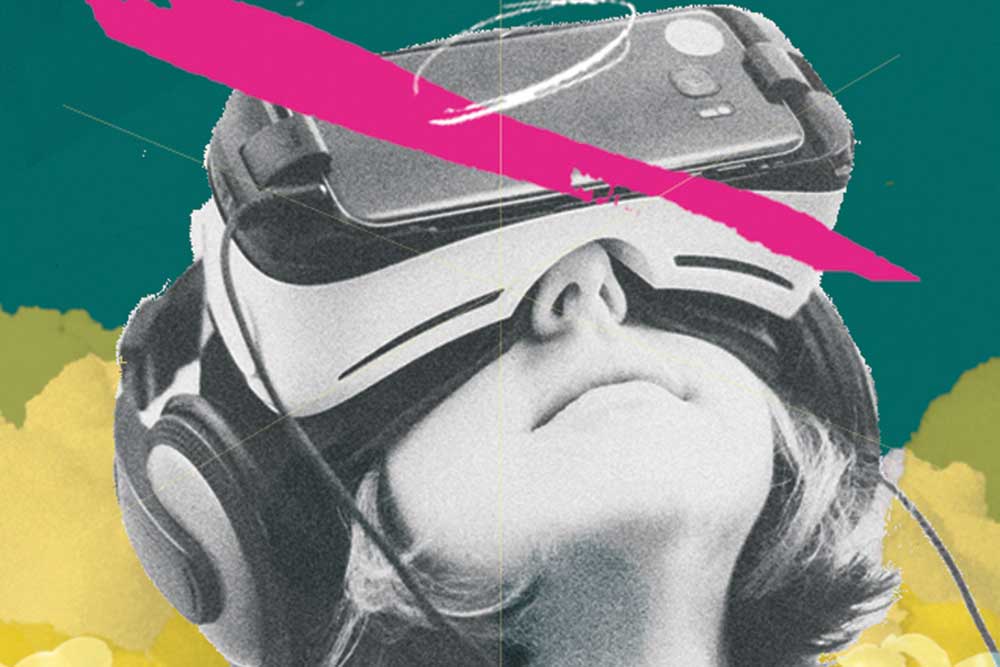
The chances are you’re already using wellness tech to some degree. Whether you have apps to chart runs or cycles, use a Fitbit to count steps or tune into your meditation app for daily down time, technology’s part of our lives when it comes to health. And it’s not just about personal wellbeing – the NHS is increasingly tapping into what’s been described as ‘the fourth industrial revolution’, with Matt Hancock, Secretary of State for Health and Social Care, pledging to deliver more tech-powered healthcare. But what’s it all going to mean for you in the near future? “Some new innovations are still in the research arena but we’re definitely starting to see the traction of tech trends in health,” says Andrea Mensah, director of healthcare technology at PwC. We’re getting less squeamish about the use of innovations, such as artificial intelligence and robots in our health, too, with research by PwC finding 39 per cent of us would be willing to engage with it.
Balance looks at the biggest trends in disruptive technology – so-named because of its ground- breaking ability to change existing systems – likely to hit the health headlines this year.
AI DIAGNOSIS
Artificial intelligence (AI) may sound futuristic but if you talk to Siri or Alexa, you’re already using it. And, says Andrea Mensah, AI could have huge implications for healthcare. “One of the obvious ways we may soon see AI used is in provision of a digital process for triaging people as they enter a healthcare setting,” she says. “Instead of seeing a triage nurse at A&E, you might log onto a website which will ask you questions driven by AI in order to decide where you should go next – say, your GP in the week or A&E right now.”’
Several recent trials have found AI could be at least as accurate – if not more so – than the existing arrangements at picking up early signs of disease, too. At Moorfields Eye Hospital, a computer was trained to spot signs of eye disease with 94 per cent accuracy. John Radcliffe Hospital in Oxford has carried out clinical trials looking at AI to detect heart disease and lung cancer, and found the AI system enjoys a lot more success than conventional scans. Other research is looking into AI’s use for detecting everything from stroke to sepsis and skin cancer, and King’s College London has recently announced a new £10million centre for AI.
While the widespread use of AI for diagnosis on the NHS may still be a few years away, some of the technology is out there now. Babylon Health (babylonhealth.com) is already in partnership with the NHS, offering the ability for people to be triaged using the same chatbot tech that sorts calls to banks.
FEMTECH
This is an area taking healthcare by storm. “It’s built around making access to women’s healthcare easier and more personalised, and we’ll see a growing wave of femtech innovations in 2019,” says Lina Chan, founder of Adia Health (adiahealth.com). Already it’s common for women to use cycle-tracking apps to monitor ovulation and menstruation. But increasingly, says Lina, we’ll see disruptive companies trying to break down the barriers in women’s health, so they can be more proactive. “My company is doing that in the fertility arena. We provide a finger-prick blood test – you send away your sample to a lab, which measures six hormones to give a picture of your fertility.” Lina sees the femtech of the near future working as a companion throughout a woman’s life, including managing perimenopause. “Technology will help to break down the taboos and support women to manage symptoms, with expert advice tailored to each individual.” Other developments on the horizon include Daye, a tampon infused with pain-busting CBD oil, which also uses menstrual blood to diagnose STIs, and Sura, an app that matches a woman with the right contraception for her, according to her genetic and hormonal makeup.
PRECISION MEDICINE
“The ability to sequence your genome can improve the ways conditions are diagnosed and, therefore, mean doctors can give people the right treatment based on genetics,” says Andrea Mensah. “We may soon start to see GPs not only carrying out routine blood tests but also sequencing your genome, which will tell them the type of treatment that’s best for you. This is already happening in cancer treatment, as cancer is much more driven by genetics than some other diseases – so specialists can identify which medicine will have most success, based on genetics. Not only does this mean treatment is more effective, you’ll have fewer side effects from it.” Although it’s a bit further away from widespread use, doctors will also be able to edit stem cell DNA and reintroduce them into your body, so you are more able to fight diseases, such as heart failure and Parkinson’s.
MEDICAL MONITORING
Got a chronic condition? You may soon be able to forget having to visit the GP to list your symptoms, or go for repeated tests to check the state of your health. Instead, we’ll be seeing more use of the internet of things (IoT) – where devices embedded into everyday objects send and receive data – to log health signs that automatically feed back to your doctor. “In healthcare, we’re seeing vital signs such as heart rate and blood pressure monitored continually via smart devices, which send them to a clinician via an app,” says Andrea Mensah. “Combined with advances in web conferencing, it will give a more accurate picture of your health and prevent you needing to go in and see a doctor, as you’ll be able to communicate remotely with them.” Withings BPM (£89.99) is a blood pressure monitor that takes readings and sends them to a doctor, while the KardiaBand (£99) monitors your heart rate to pick up on heart rhythm disorders.
There are also growing developments in closed loop systems, which not only monitor vital signs but also automatically tweak treatment. Take the artificial pancreas for people with diabetes: a smartphone takes regular glucose readings via a glucose centre embedded in one arm, then AI transmits the information to a patch on your other arm to deliver tailored micro-doses of insulin, while an accompanying app coaches you with lifestyle tips.
SUPER-SMART WEARABLES
One of the more familiar areas of wellness tech, lots of us have been relying on wearables such as Fitbits for years. But the tech is improving, says Jacob Skinner, CEO of Thrive Wearables (thrivewearables.com). “Wearables are becoming a lot more capable because of internal technology, which means we can embed intelligence into them. One thing we’ll definitely see more of is hearables – wireless earbuds with measurement capabilities. The ear canal is close to the brain so through it, you can measure lots of signals, including heart rate and brain activity.” Bragi’s The Dash Pro (£269.99) is a hearable already on the market, which tracks fitness. Expect to see more mood- monitoring wearables, too – such as Muse (£239), a headband that uses sensors on your scalp to measure brain activity, and supplies meditative exercises. Similarly, the Bellabeat Leaf Urban (£130) monitors stress levels via your breathing rate and sends calming activities through the accompanying app.



